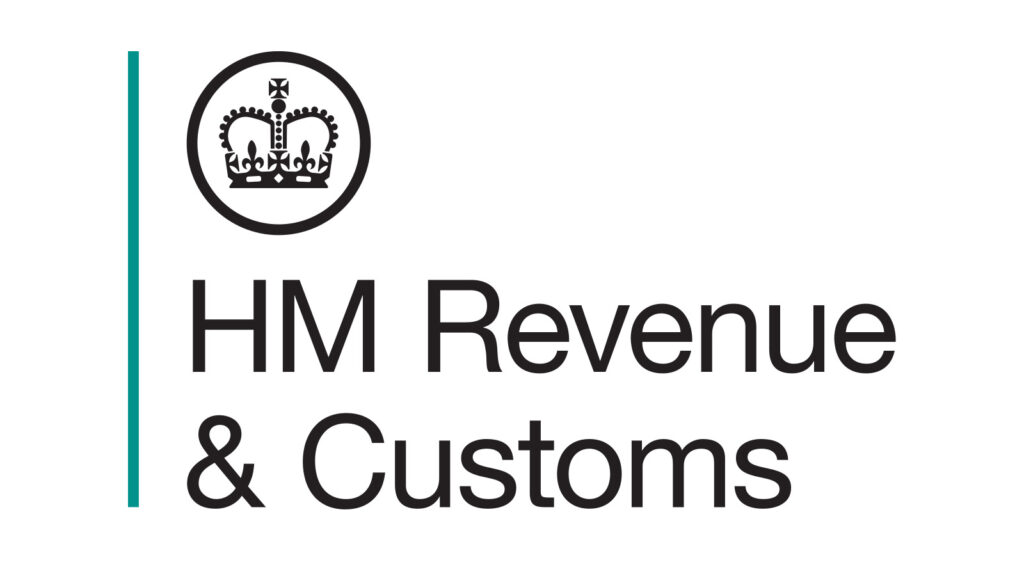-
By juan
- In Uncategorized
What Happens If A Company In The UK Fails To Pay Its Taxes
What happens if a company in the UK fails to pay taxes is a question you may have asked yourself if you are assessing the risks of setting up a company in this country.
Naturally, failure to comply with tax obligations in the UK has legal, financial and operational consequences.
In this article, we present a series of repercussions that derive from this infraction.

Contents
1Taxes of a company in the UK
2 Consequences of What Happens if a Company in the UK Fails to Pay Its Taxes
3 Measures taken by HMRC if a Company in the UK Fails to Pay Its Taxes
4. How to avoid problems with HMRC
5 Conclusion of What Happens if a Company in the UK Fails to Pay Its Taxes
1Taxes Of A Company In The UK
Due to the transparency of the UK tax system, which publishes all tax-related information, there is no excuse for non-compliance.
HM Revenue & Customs (HMRC) is the institution responsible for collecting taxes in the UK.
In addition, it periodically discloses the names of companies that commit serious tax offences.
The main taxes that a UK company has to pay are:
Corporation Tax is the tax a company pays on its profits. It varies between 19% and 25% depending on the size of the company.
VAT (Value Added Tax) is the value added tax applied to goods and services. Companies with a turnover of more than £90,000 are obliged to declare it.
PAYE (Pay As You Earn) y National Insurance Contributions (NICs) equire companies to remit the tax withheld from employees’ salaries every month.
This ensures that employees contribute to their taxes while benefiting from public health insurance and retirement rights.
Business Rates apply to commercial premises used by companies for their business activities.
2 Consequences of What Happens if a Company in the UK Fails to Pay Its Taxeso
The consequences depend on factors such as the amount unpaid, the frequency of non-payment, and the type of tax involved
Fruthermore, the delay in paying a specific tax tax is an offence that carries certain penalties.
For instance, failing to pay Corporation Tax on time leads to the following penalties:
A delay of up to one month incurs interest on the amount owed.
If the delay exceeds three months, fines and additional surcharges apply.
Repeated delays trigger tax inspections and stricter penalties.
When a company repeatedly accumulates unpaid debts, HMRC can take severe measures, including:
Freezing bank accounts.
Confiscating assets.
Restricting financial operations, such as preventing access to credit.

Although one of the characteristics of LTDs is that they protect the assets of their partners, there are exceptions.
One of these occurs when it is deemed that the administrators responsible for the debt have acted with gross negligence or have committed tax fraud.
In these cases, the HMRC can seize the personal assets of those responsible.
3 Measures taken by HMRC if a Company in the UK Fails to Pay Its Taxes
In the event of a tax violation, HMRC notifies the offender of their breach of legislation.
If a company fails to respond to this notice, HMRC has different ways to proceed.
For example, the first official notice of the debt is communicated through a collection letter and notification of the debt.
Stricter actions that can also be taken are the seizure order and the forced closure of the company.
In the latter case, the company is liquidated and the directors may be disqualified.
However, HMRC generally facilitates debt repayment. Therefore, in many cases, it allows for a payment plan to be arranged.
4. How to avoid problems with HMRC
The United Kingdom establishes a clear and transparent regulatory framework with digitalised administrative procedures to ensure compliance is straightforward and efficient.
Similarly, tax obligations are not overly demanding. It is sufficient to keep accounting records up to date and submit tax returns accurately and on time.
For entrepreneurs planning to set up a business in the United Kingdom, seeking professional tax advice is a wise decision.
5 Conclusion of What Happens if a Company in the UK Fails to Pay Its Taxes
As we have seen, UK favours a dynamic and competitive business framework for companies to thrive.
For this reason, there are serious consequences for not complying with the rules and delaying the settlement of tax obligations.
Now that you are aware of the risks, ensuring timely tax compliance should be a priority for any company operating in the UK